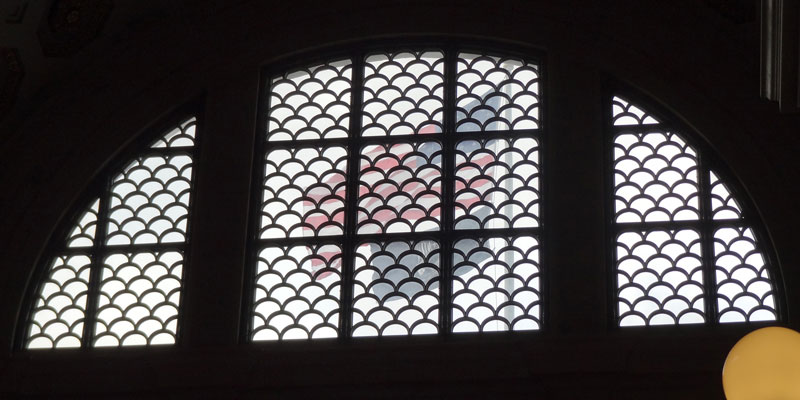
Activists can do harm with sledgehammer ideology, especially when schools hire them as if they’re objective analysts.
Watchers of the mainstream narrative may be a little surprised that there hasn’t been much coverage of an incident on February 1 at Mount Pleasant High School in Providence during which a school resource officer (SRO) was caught on video being aggressive with a student. These incidents are difficult to judge from video clips, and one can be sure of two things: parents will have an emotional response when their children are involved, and activists will pounce on the opportunity to push their causes.
Just so, a group of 21 organizations signed on to a letter expanding concerns about a particular incident into a broad proclamation:
Simultaneously, we must remember that this is not an isolated incident, but rather placed within a broader pattern and system of state violence that targets and endangers our students of color. This is not just about Jay-Juan, but about all young people that have experienced violence – filmed or not – at the hands of police and school resource officers. With the presence of SROs, combined with zero-tolerance policies, minor infractions that are normally handled by educators are defaulted to the police. This system of criminalization leads to suspensions, arrests, and abuses of power, which are both detrimental to their futures and deeply traumatizing. …
The evidence shows that police, both in Providence and the United States widely, disproportionately criminalize Black, Indigenous, Latinx and students of color, as well as students with disabilities. In Providence: from the 2016-17 to 2019-20 school years, boys of color made up nearly 65% of student arrests, and Black students were targeted by 30% of all student arrests, while only making up 16% of the student population. There is no evidence that SROs improve student safety. Instead research shows that the majority of students feel unsafe with SROs. At the worst extreme, as in Jay’s cause, the police are known to physically traumatize students – in the United States, there have been 152 documented assaults on students of color by police officers between 2007-2021.
To be sure, the question of police presence in schools is a subject worthy of debate, and even more so are zero-tolerance policies. Inasmuch as these problems emerge most conspicuously in the public schools of cities with progressive governments, robust research will likely find that ideology prevents districts from succeeding with a softer discipline, which pushes them toward more-stringent law enforcement, which escalates the problem further. The solutions are, first, school choice, and second, reconsideration of urban political alignment.
Policy specifics aside, we should hesitate to accept the letter writers’ simple storyline. Injecting law-and-crime dynamics into schools may draw some students into the infamous “school-to-prison pipeline,” but that doesn’t mean there aren’t dangerous criminals who are also students. Ignoring actual dangers because statistics are disproportionate along racial lines can therefore harm the very communities for which activists claim concern.
And those activists can do additional harm when they bring their ideology to different communities where their assumptions really don’t apply. Observe that one of the signatories is the Equity Institute, which the suburban Portsmouth school department has hired to do an “equity audit.” Whatever the content of the activists’ letter, residents should be concerned when their schools begin hiring those activists as if they are objective analysts.
Featured image by Justin Katz.
